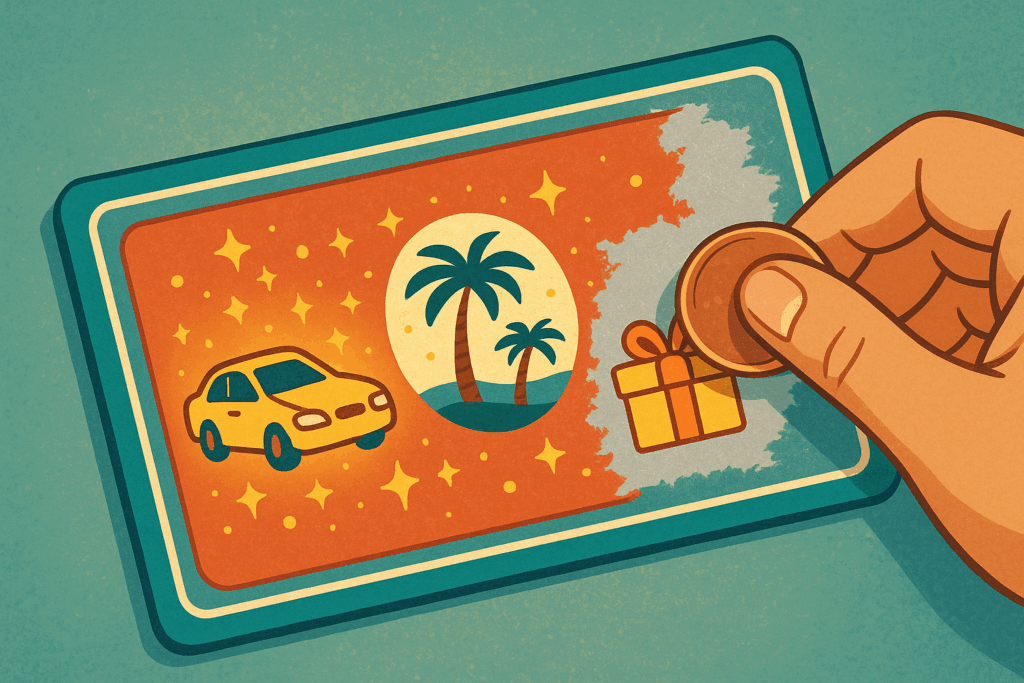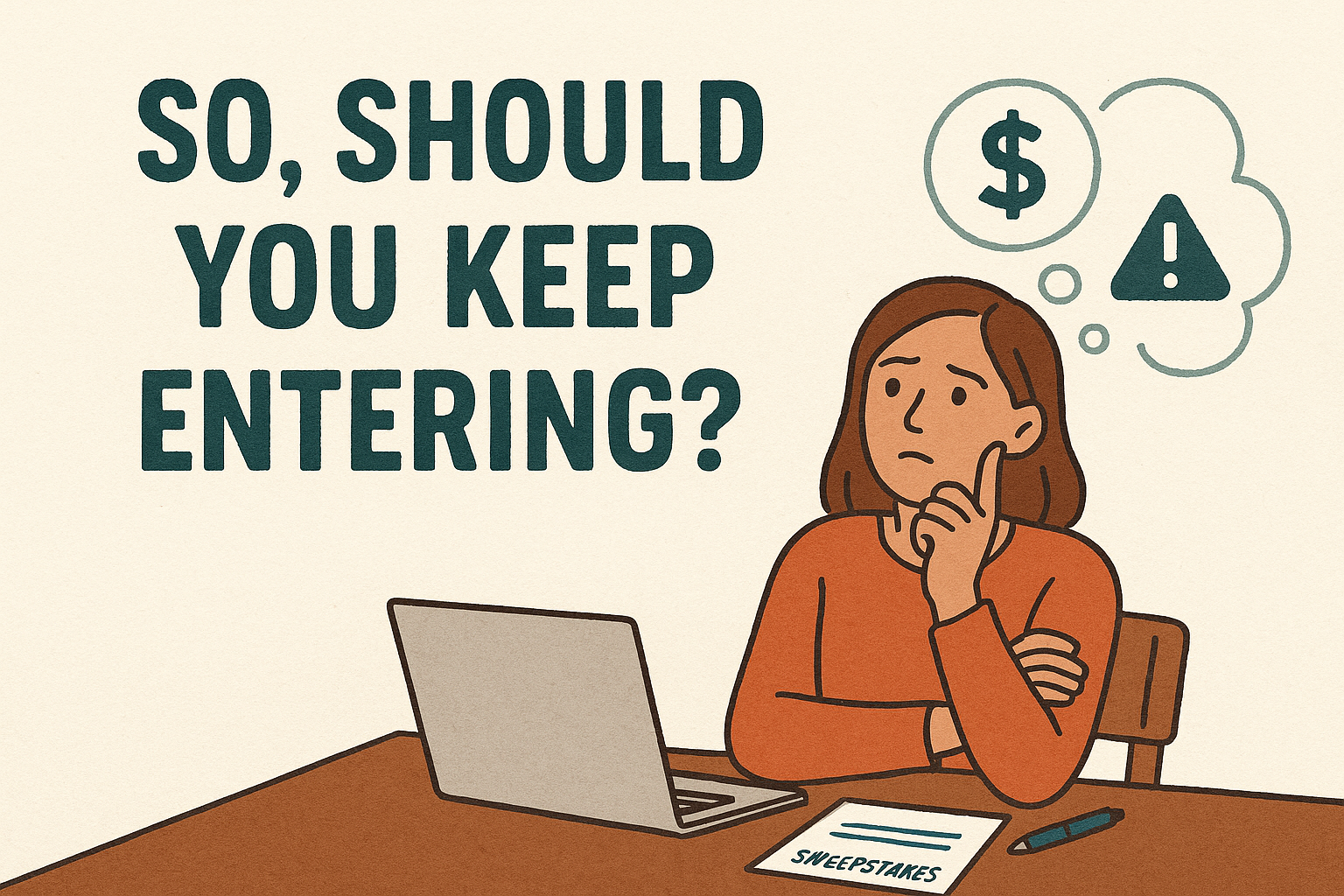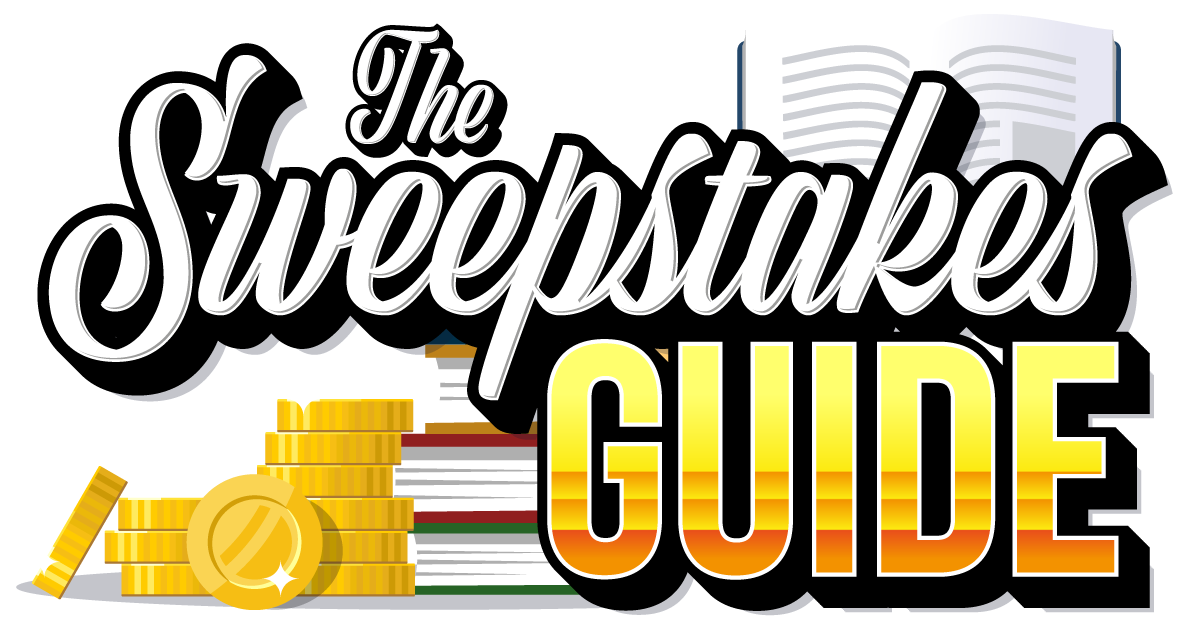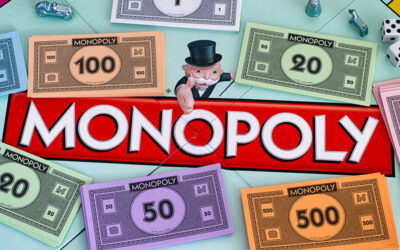It’s more than just the chance to win a shiny new car or a dream vacation—there’s a fascinating psychology behind why millions of people enter sweepstakes every year. From the rush of possibility to a hopeful escape from daily stress, entering contests taps into deep emotional needs. But is it all harmless fun, or something to approach with caution?
The Thrill of Possibility

Humans are wired to love anticipation. That flutter in your stomach when you see “Congratulations!” pop up on your screen—even if it turns out to be nothing—is part of the excitement that keeps people coming back. Psychologists call this “variable reward,” where the uncertainty itself becomes addictive.
Sweepstakes play on this mechanism. Unlike a guaranteed purchase or simple transaction, entering a contest means stepping into a world of what-ifs. Even if the odds are slim, your brain releases dopamine, the same feel-good chemical linked to small gambling wins or surprise gifts. It’s the anticipation of what could be that often matters more than the outcome.
Hope, Escape, and Community

There’s also an emotional comfort in dreaming. For many, entering sweepstakes is a harmless way to indulge fantasies of a better life: paying off debts, traveling the world, or simply experiencing something new. In fact, studies have shown that people tend to enter more contests during tough economic times, using the dream of winning as a brief escape.
Beyond the personal, there’s a subtle sense of community among sweepers. Social media groups, forums, and even local clubs allow people to swap tips, celebrate small wins, and share the excitement. The collective experience makes it feel less like chasing long odds and more like participating in a quirky, hopeful hobby.
So, Should You Keep Entering?

The key is balance. For most people, entering sweepstakes is a fun diversion—a few minutes filling out a form or sharing a post. But problems can arise when it shifts from entertainment to obsession. Spending hours each day hunting for contests or buying unnecessary products just to qualify could be a red flag.
Experts recommend treating sweepstakes like a casual hobby, not a strategy for financial security. Set limits on your time, avoid scams that demand money upfront, and enjoy the process rather than pinning your hopes on a jackpot. When approached responsibly, the psychology behind sweepstakes—hope, thrill, and a little daydreaming—can be a perfectly healthy way to add some sparkle to everyday life.



